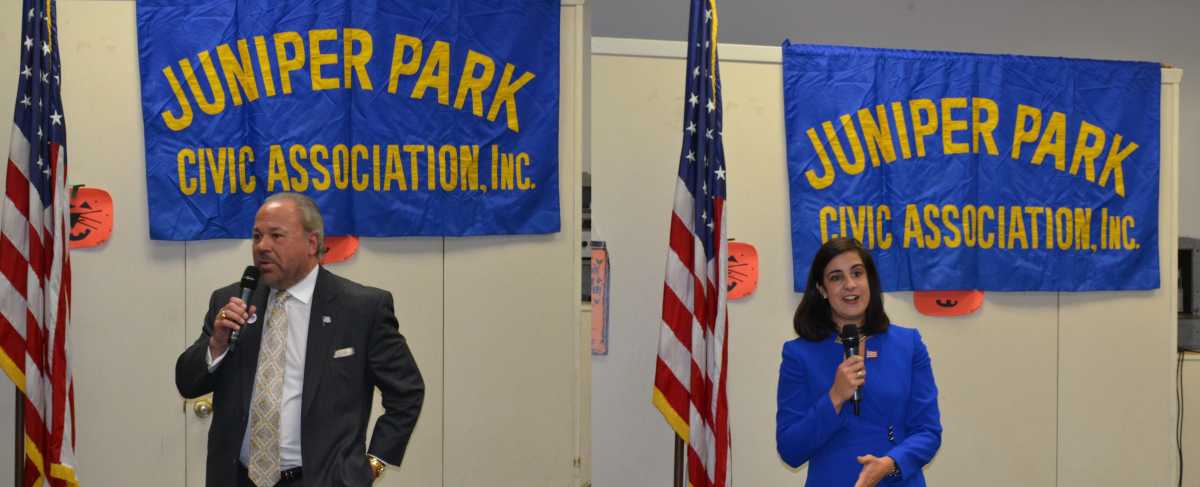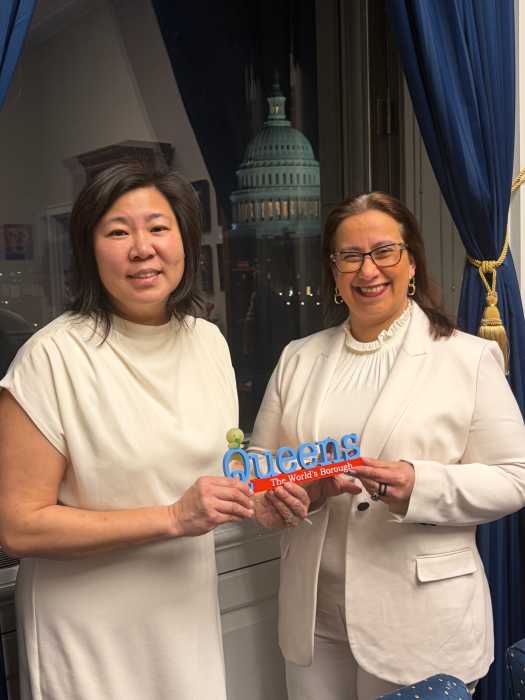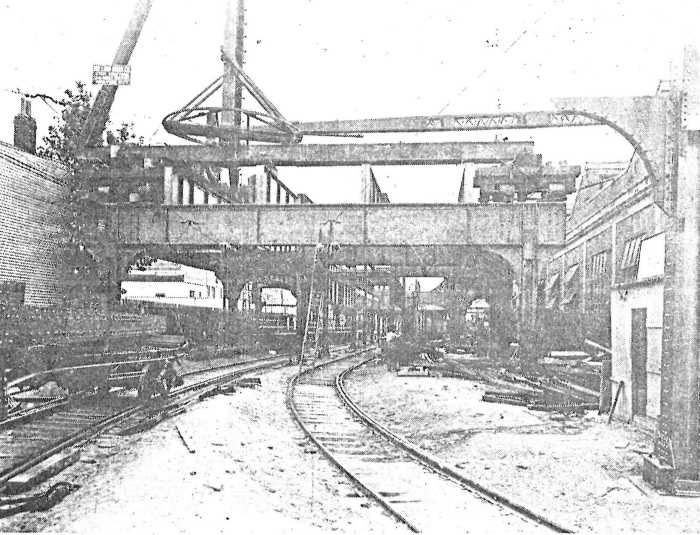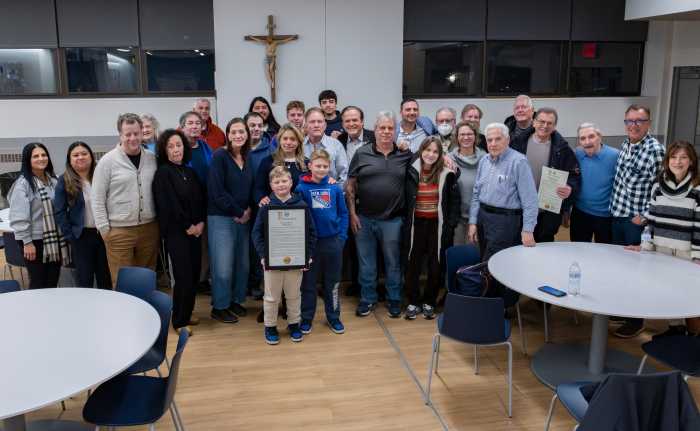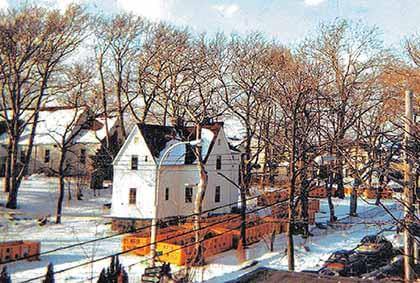With a little more than a week to go until November’s general election, a pair of mayoral candidates visited Middle Village to discuss why they would be the best person to oust Mayor Bill de Blasio from Gracie Mansion and become the city’s new leader.
Independent candidate Bo Dietl and Republican Assemblywoman Nicole Malliotakis dropped by the Juniper Park Civic Association (JPCA) meeting on Thursday, Oct. 26, to lay out what makes them the best choice for mayor.
Dietl — a Queens native and former NYPD detective — took the floor first and immediately called for de Blasio to be put in jail, referencing a New York Post report where a former de Blasio campaign donor, Jona Rechnitz, testified in federal court that he donated to the de Blasio campaign in 2013 in exchange for political favors. Gothamist reported that Rechnitz is “a cooperating witness in several federal corruption cases involving New York City law enforcement officials” and de Blasio’s campaign fundraising; the mayor has previously denied having a relationship with Rechnitz.
One major issue during this year’s mayoral race is the city’s homelessness crisis — an issue that hits close to home for residents of Middle Village and Maspeth.
“I don’t want homeless shelters in my backyard,” Dietl said. “But there are ideas that I have.”
One of the ideas he pitched to the members of JPCA included building 40-story homeless centers on Randall’s Island where the city can provide the homeless with the services they need whether that is drug rehab, mental health assistance or job training.
Dietl also criticized the mayor’s current handling of the homelessness crisis and his 10-year plan.
“All of a sudden now with the homeless situation, this is [de Blasio’s] theory: ‘Let’s spend tens of millions of dollars on hotel rooms,’” Dietl said. “I am not for hotel rooms. I’m for shelters that are not going to affect the people of the communities, where we can get people into places where we can help them.”
In fact, the “Turning the Tide on Homelessness” plan that de Blasio announced back in February aims to move the city away from using hotels as emergency shelters for the homeless. The plan calls for open 90 “high-quality shelters” across the five boroughs over the next several years.
During his speech on Thursday, Dietl also touched on topics including education, the transit system and taxes. He promised that he would create deputy mayors for each borough that can work with communities and report back to him with issues that people are facing each and every day. Currently, that task is assigned to the Mayor’s Community Affairs Unit; each borough also has its own president.
Malliotakis then took the mic to explain her plan for tax reform in the city, how to update the aging transit system, and the education system.
“I am running for one simple reason: because this is the city that I love,” she explained. “I grew up here. My parents were immigrants from Greece and Cuba [and they] came here to achieve the ‘American Dream,’ and it’s becoming increasingly difficult to make it in the city.”
If elected, Malliotakis plans on creating a commission of City Council members, Assembly members, tax experts and government groups to formulate a proposal that would be brought before the state government to tackle rising property taxes, including capping the property tax levy after de Blasio increased it in past years.
When it comes to the city’s transit system, the Staten Island lawmaker wants to look at strategies from other countries and turn to a communications-based signal system.
“This is what London, Paris, Copenhagen, San Francisco, Vancouver have. It is time to bring New York City into the 21st century,” she said. “And that means we’ve got to move towards a [new] system, because our signals are pre-World World II, they are decades beyond their lifespan, and it’s leading to 70,000 delays a month.”
The Assemblywoman also lobbied for smart traffic light technology, which allows traffic lights to sense where pedestrians and vehicles are on the roadway and dictate when and how long to change the lights, allowing for the optimal flow of traffic and pedestrians.
Voters will head to the polls on Tuesday, Nov. 7, to cast their vote in a number of political races.

